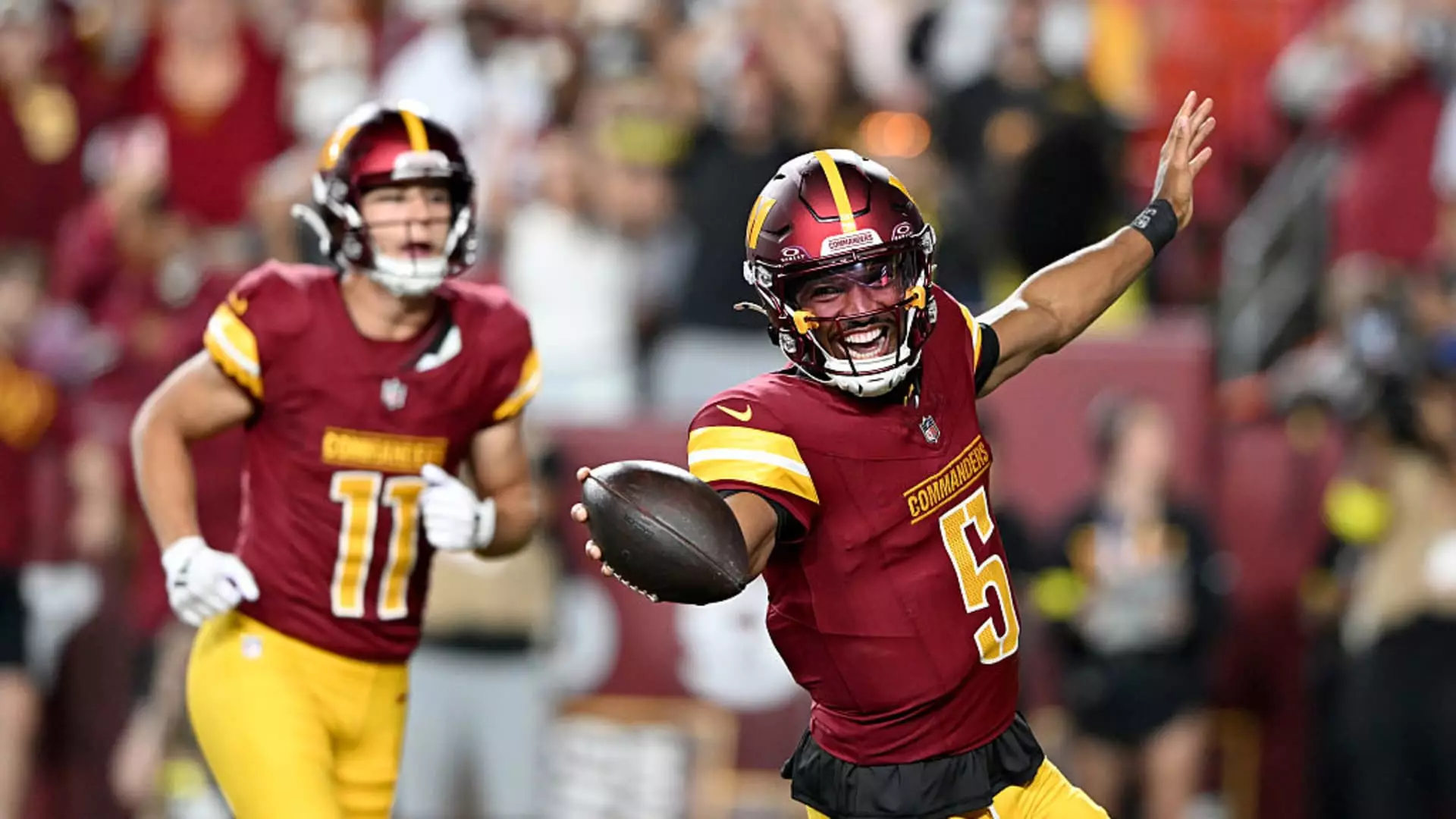Robinhood’s latest venture into football prediction markets exemplifies a disturbing trend: the blurring of lines between traditional investing and gambling. While the company touts this move as a way to enhance user engagement and diversify offerings, it raises serious concerns about the exploitation of consumer psychology and the normalization of betting on sports outcomes. Rather than focusing solely on providing access to legitimate financial markets, Robinhood risks transforming its platform into a battleground where impulsive reactions and speculative behavior dominate. This shift not only undermines investor confidence but also threatens to erode the responsible trading ethos that some of its users still uphold.
The Risks of Commercializing Sports-Related Gambling
Expanding prediction markets to include NFL and college football games transforms a form of entertainment into a risky form of financial speculation. Robinhood’s approach—allowing users to trade on game outcomes amidst real-time betting—mirrors traditional sports betting but with a more volatile twist. The company’s intention to facilitate daily tradeability blurs the boundary between casual fandom and compulsive gambling. Such markets create an environment ripe for addiction, especially given the platform’s already proven capacity to engage users with gamified elements. The easy accessibility and familiarity with Robinhood’s app could entrap individuals who might not have considered gambling dangerous before, further blurring the line between investing and betting.
Implications for Market Integrity and Investor Responsibility
Robinhood’s push into sports prediction markets raises profound questions about market integrity and fairness. Unlike conventional markets, these non-traditional betting platforms face little oversight and regulation, opening doors to manipulation and misinformation. The company’s narrative suggests that these markets are not akin to gambling but are simply another form of trading, yet they inherently carry the same addictive qualities and vulnerabilities. In a climate where Robinhood emphasizes democratization of finance, expanding into areas with a high potential for addictive behaviors may erode the very principle of responsible investing. The company’s rapid growth, marked by billions of contracts traded, underscores the scale of potential consumer harm if these prediction markets are not carefully monitored.
A Center-Right Perspective: Embracing Innovation but Demanding Prudence
From a center-right liberal perspective, innovation and market expansion are vital for economic dynamism, but they must be balanced with consumer protection and ethical standards. Robinhood’s aggressive push into prediction markets and sports gambling exemplifies the danger of prioritizing short-term growth over long-term stability and safeguarding. While individuals should have the freedom to participate in new types of financial activity, this freedom must come with safeguards that prevent exploitation and addiction. Robinhood’s push into this space could be viewed as a reckless pursuit of profit under the guise of innovation—ignoring the societal costs associated with normalizing betting and speculative trading. A sensible approach would involve more transparency, regulation, and clear boundaries that protect vulnerable users from the risks inherent in these new prediction markets. Instead of blindly racing toward expansion, Robinhood should focus on earning consumer trust and ensuring responsible engagement.

